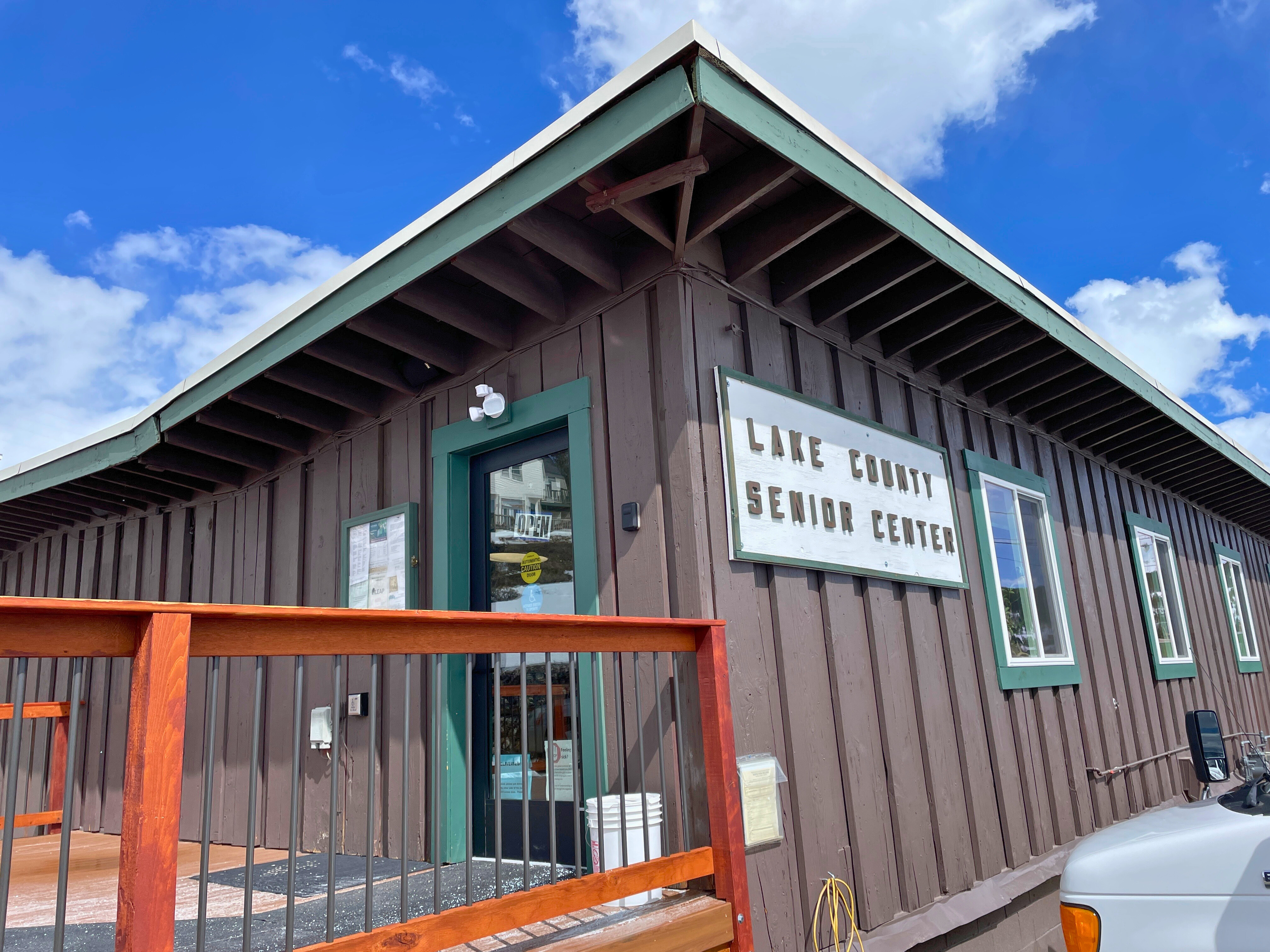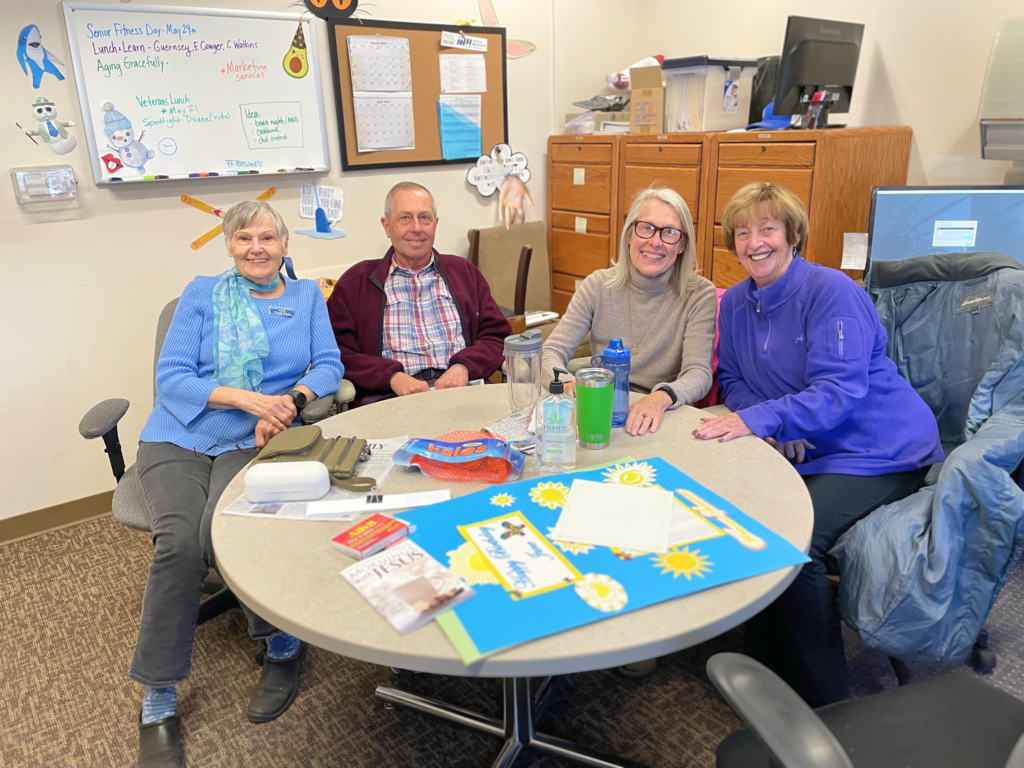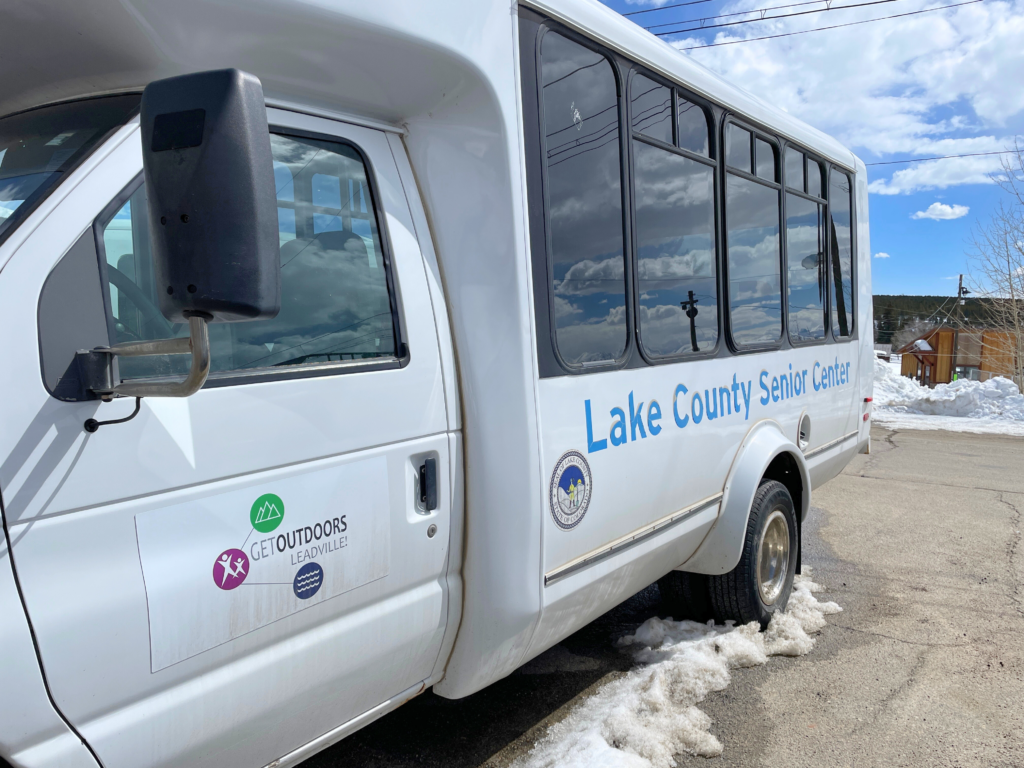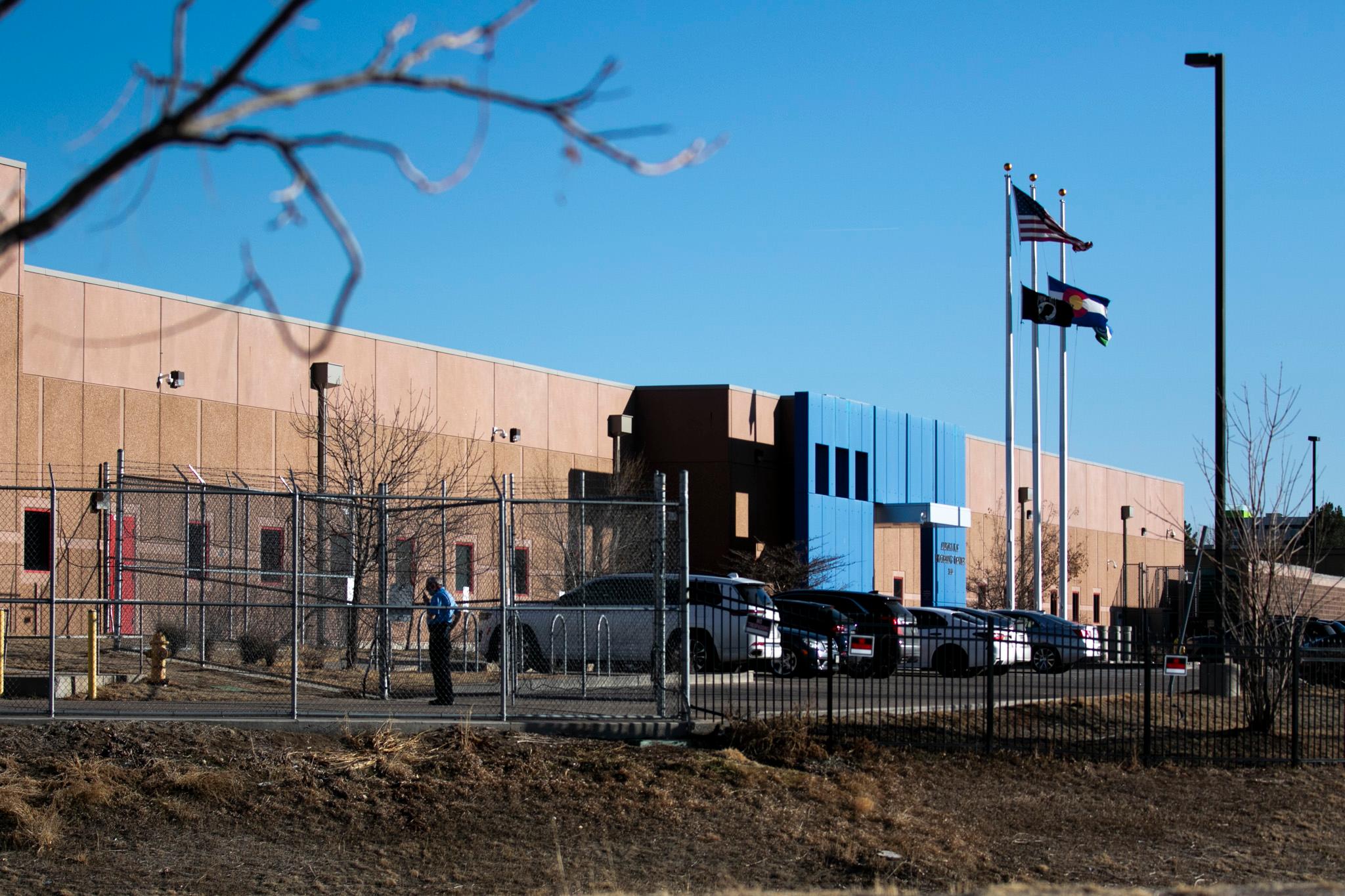
At 87 years old, Carol Faust is probably logging more cross-country skiing miles than you.
About 10 years ago, the octogenarian traded in the winds of Chicago for the mountainous peaks of Summit County. She and her husband were familiar with the area from past ski vacations, so they decided to make it their home. They haven’t stopped moving since they got here.
“The skiing and snowshoeing and biking and hiking, I think that's why everybody's here. Because if I'm going to sit and look out the window, I could have done that back in Chicago,” Faust said. “We would never go back to Illinois. I said, ‘I'm going to die here. I'm not moving until they carry me out.’”
Faust is one of thousands of seniors who have chosen to retire in the mountains. About 15 percent of the population living above 6,000 feet is 65 and older, according to the U.S. Census Bureau. Faust said her body has adapted well to the altitude. The only thing she’s changed is that she wears an oxygen machine at night to aid with her breathing.
Norb Chehak, a 76-year-old ski instructor, has to do the same.
“The effect of not breathing up here at night has a more negative effect than at sea level,” he said. “Doctors will tell you that night and day.”
When the word “retirement” is thrown around, Colorado’s mountains may not be the first destination that comes to mind. But some seniors CPR News spoke with, like 69-year-old Alfred Vigil, said they can’t think of a more fitting place.
“We went to Florida — too hot, too humid. I couldn't live there,” he said. “Pueblo is just dry and flat land. We went to Arizona. It was desert land and hot, dry. When I come back up here, it's like paradise.”
Joan Newby lives in Leadville, the highest city in the United States at just over 10,000 feet. She said recent arthritis problems in her knee have slowed her down, but she still gets around at 84 years old, even during the snowiest months.
“I do all my own housekeeping, cut the grass and do everything in the summer and I shovel,” Newby said. “So I'm active, as far as that's concerned.”

Living in the mountains as a senior isn’t all sunshine, however
Self-sufficiency is almost mandatory in the mountains, especially if your family isn’t nearby, according to Rachelle Collins, a coordinator for the Lake County Senior Center.
“We don't have a ton of resources up here for people that are retiring as far as we have no assisted living,” Collins said. “There are no nursing homes within a 50 mile radius or even further.”
Because of the lack of assisted living facilities in the area, many seniors who require aid are eventually forced to move to Denver or another urban area with more resources. Collins also said seniors with chronic medical conditions could come across trouble finding local treatment for those issues.
“There are days that you can't get over the pass,” she said. “We provide what we can here in town, but you absolutely have to go over the mountain pass to get to any sort of a specialist.”

There is still a lot science doesn’t know about how altitude impacts aging. But that’s something researchers in the region are increasingly starting to analyze.
Dr. Benjamin Honigman is a retired University of Colorado School of Medicine who has spent his career studying the impacts of altitude on the human body. He’s currently the chair of an advisory group with the High Altitude Research Center at the CommonSpirit St. Anthony Summit Hospital in Frisco.
“[The] High Altitude Research Center is involved in a project that we call the Healthy Summit Project, and what we're trying to do is determine what the impact of living at eight to 10,000 feet in Summit County is on common diseases. Diseases such as heart disease or lung disease, diabetes, sleep disorders, those sorts of things,” he said.
Dr. Honigman said studies show some apparent benefits of living at altitude — there’s a lower death rate due to heart disease and certain kinds of cancers are less common. But he said there’s a possibility those could be coincidental.
“It could be a selection process where people who are healthier on some level decide that they can tolerate and adapt to the altitude much more than people who aren't,” Dr. Honigman said.
The High Altitude Research Center hopes to study over 3,000 subjects over a long period of time to see how diseases at altitude progress from youth to old age.
Until then, Dr. Honigman says the only way to know if Colorado’s mountains are right for retirement is to see if you can tolerate the high altitude first hand. The world-class skiing, hiking and outdoors might help keep you alive, too.
- Aircraft in Colorado really do check how fast you drive. Here’s how
- Terminally ill patients in Colorado can use medication to end their lives. Now, a new proposal aims to make it more accessible
- The Wild West of weather: Mountains and mid-continent location combine to make Colorado home to big swings
- What killed a 1980s program to kickstart a green home revolution in Colorado?









